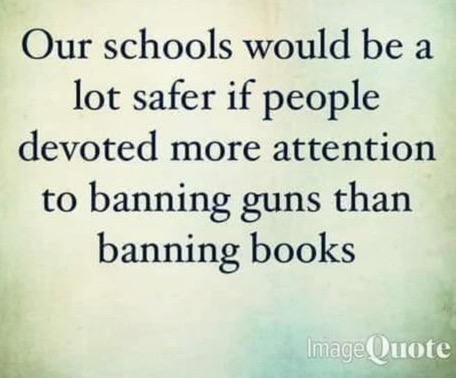These are generally agreed upon names, birth years and current ages for American generations
| Name | Born between | Current Age |
| LOST | 1883 > 1900 | 0 |
| GREATEST | 1901 > 1927 | few |
| SILENT | 1928 > 1945 | 78 > 95 |
| BOOMER | 1946 > 1964 | 59 > 77 |
| GEN X | 1965. > 1980 | 43 > 58 |
| MILLENNIAL | 1981. > 1996 | 27 > 42 |
| GEN Z | 1997. > 2012 | 11 > 26 |
| ALPHA | 2013. > 2023 | 0 > 10 |
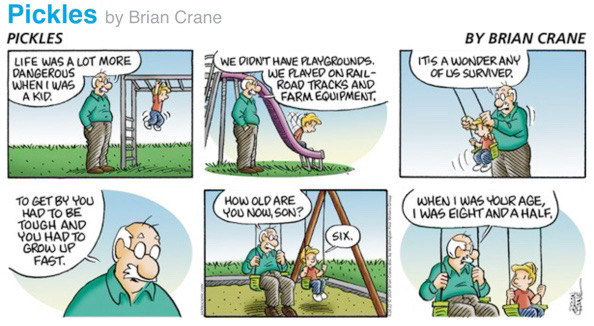
The Lost Generation experienced World War I and the American depression of the 1930s.
The Greatest Generation was raised during the Depression and was engaged in World War II. It was called the greatest because it defeated the Fascists during the war. It also was extremely racist having segregated military units and expected women to return to becoming exclusively home bodies, despite working in the factories producing war materials.
The Silent Generation sought stability, was engaged in the Korean War and learned to fear communism as it took over eastern Europe and China.
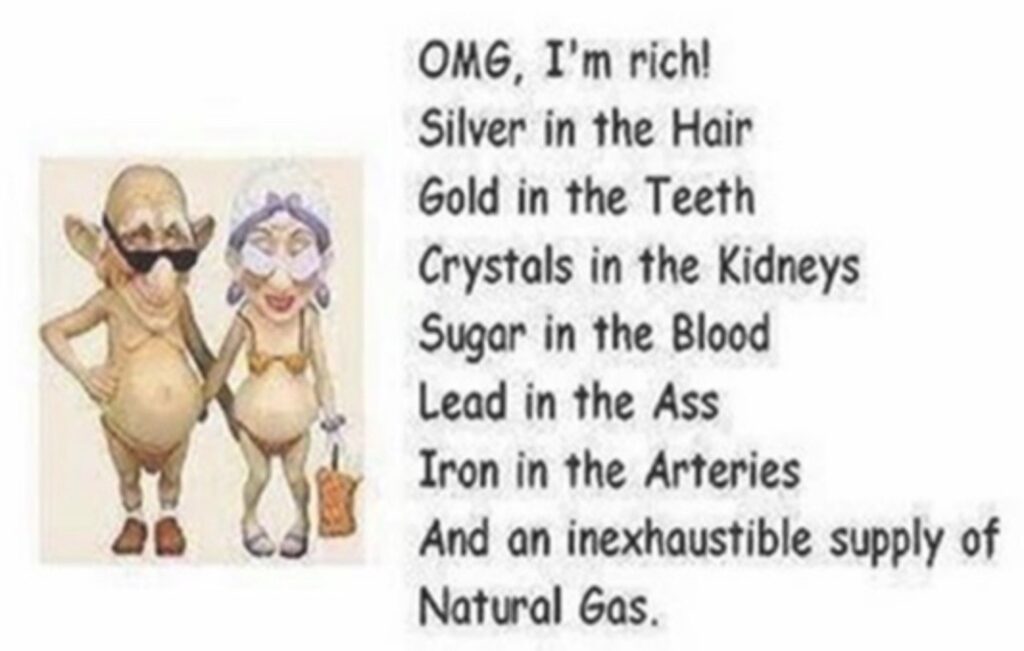
The Boomers got their name from the major increase in births after World War II until 1964. They saw a major shift of population from rural to urban areas, the growth of the auto industry allowing suburbs to rapidly expand and interstate highways to link diverse regions in the US.
With TV reaching most Americans there was a common source for news and general agreement on facts, but opinions split into those wanting to expand civil rights and opportunities for negroes versus those who were bothered by that uppity bunch who didn’t know their place. The Boomers took advantage of post war policies encouraging education and home ownership opportunities. This generation generally believed that the American standard of living would improve with time. These policies did not include minorities and immigrants.
Generation Xers increasingly were children of divorced parents and saw that the threat of communism was decreasing in Europe. The generation became more conservative socially and economically and believed that the free market offered a self-correcting set of principles.
Millennials (Gen Y) tended to postpone marriage and tended to avoid joining religious organizations. They were the first to experience a global environment and the internet. With mobile phones availability, social media started becoming an important source of information. Their early adult life was depressed by the Great Recession starting in 2007.
Millennials generally were well educated, but increasingly in debt for it and had seen oppression overseas and in the US. They were increasingly polarized politically with some pushing for greater civil equity and others growing fearful as society became more diverse.
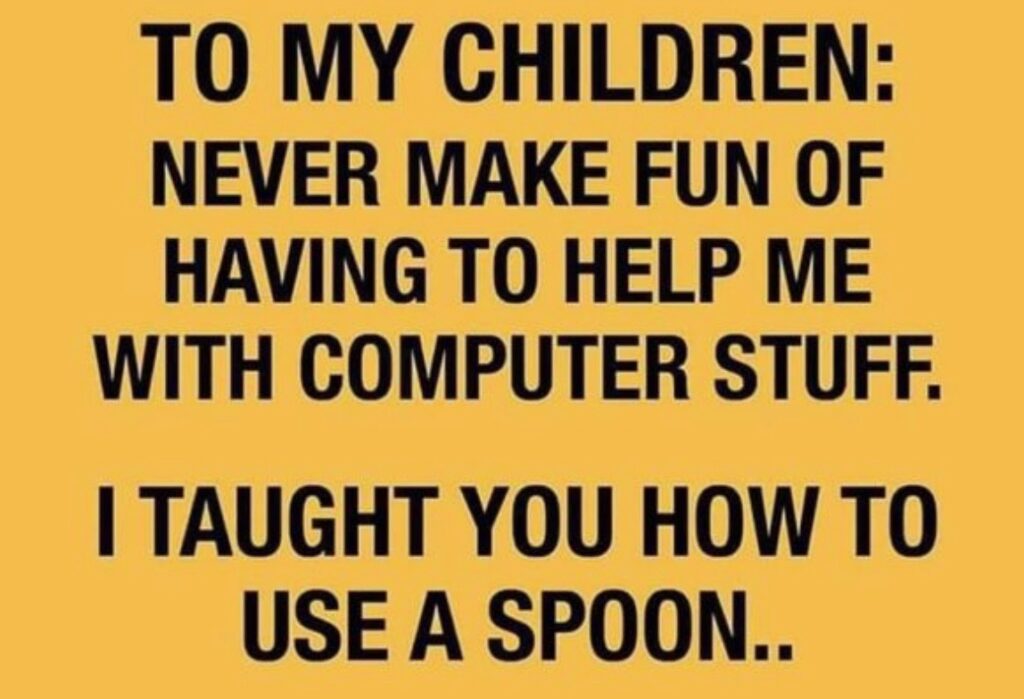
Generation Z began seeing the negative effects of people joining camps religiously following FOX news or CNN and MSNBC. There was no generally accepted source for accurate and impartial news. Watchers of PBS or BBC were the odd balls who didn’t keep up with the latest conspiracies. Nationally, facts were ignored or denied in favor of shouted opinions supported by gut feeling not documented reality.
Politicians especially on the right were more interested in keeping things as they were in the imagined, good old days than effectively governing a society with growing numbers of blacks, immigrants and Latinx populations.
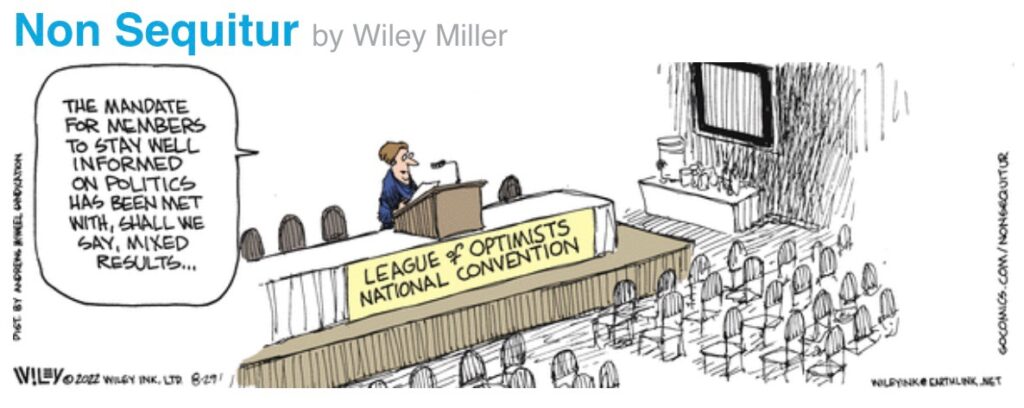
There have always been conflicts between older and younger people with the kids starting off liberal, with little to lose, and gradually becoming more conservative as they acquire more things and power. The major difference today, is that the old are whiter, more powerful and fearful and the young are a new mix of races, religions and experiences. “They ain’t like we was.”
The Boomers had a clearer path to success with governmental money for education and housing after WWII. They were aided by the US entering the space race and need for more technically trained people to beat the “Commies.” As the Boomers became more fiscally conservative they decreased state support for higher education. State funding for state universities and colleges dropped from 50% to around 10% now. Young adults were still strongly encouraged to go to college. To make up the cost, tuitions rose and students became chained with debt that limited their future. Oldsters recall their easier path and youngsters are frustrated and face a worsening future. Our institutions are less trusted because of conspiracy theories spread by ignored groups. Science and experts became unwanted intruders into our imaged reality.
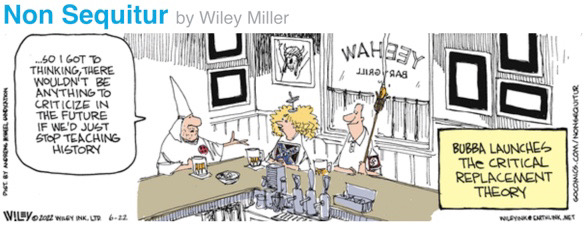
Oldsters remembered the strict standards they were forced to follow, regarding marriage and abortion and had the power to demand the same from younger people. The youngsters were sick of the hypocracy and lack of support for their more difficult and diverse population.
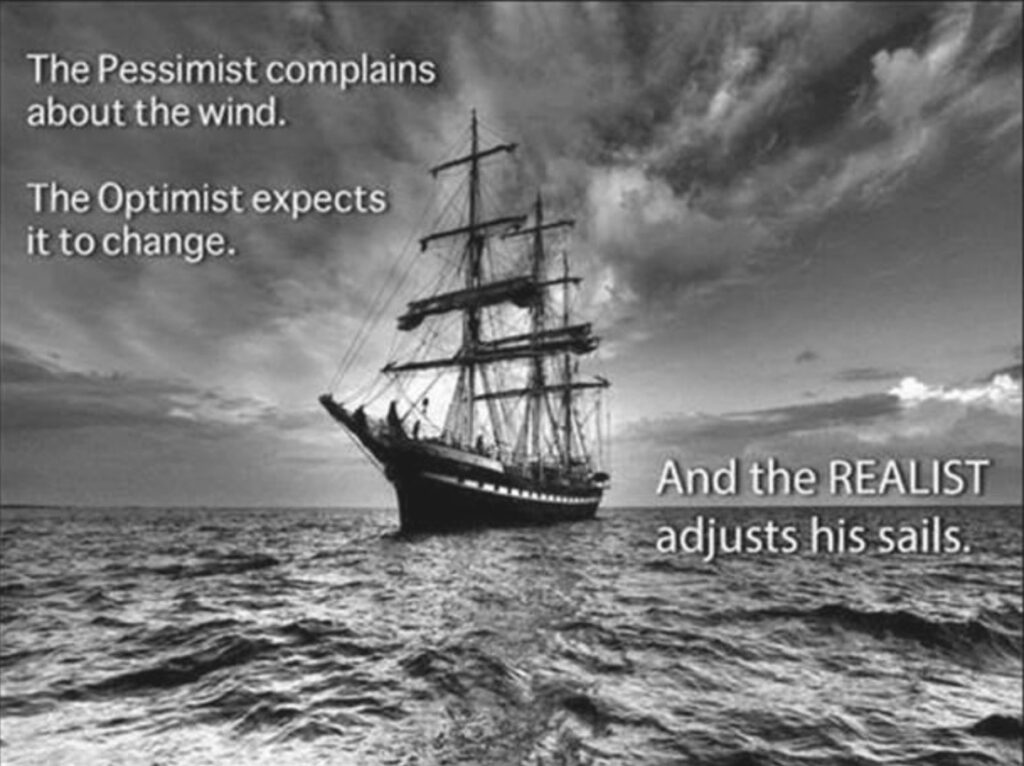
Oldsters imagine their youth when shootings were unusual and made the news. Youngsters see death everyday on the web caused by the easy availability of unregistered guns. Most gun advocates remember just the last part of the 2nd Amenedment.
…, “the right of the people to keep and bear Arms, shall not be infringed. “
But they forgot how it was introduced
“A well regulated Militia, being necessary to the security of a free State”
How can you have a well regulated Militia, if you don’t even know who is in it, what weapons they have, what training they have and who is in charge? The National Guard is a well regulated Militia. Kids running around with assault rifles are not.
Hardly anyone remembers how our Constitution begins
“We the People of the United States, in Order to form a more perfect Union, establish Justice, insure domestic Tranquility, provide for the common defence, promote the general Welfare, and secure the Blessings of Liberty to ourselves and our Posterity, do ordain and establish this Constitution for the United States of America. “
Notice it says, “insure domestic tranquility,” NOT ANXIETY …
“promote the general welfare” NOT GUN CARRIER’s welfare,
